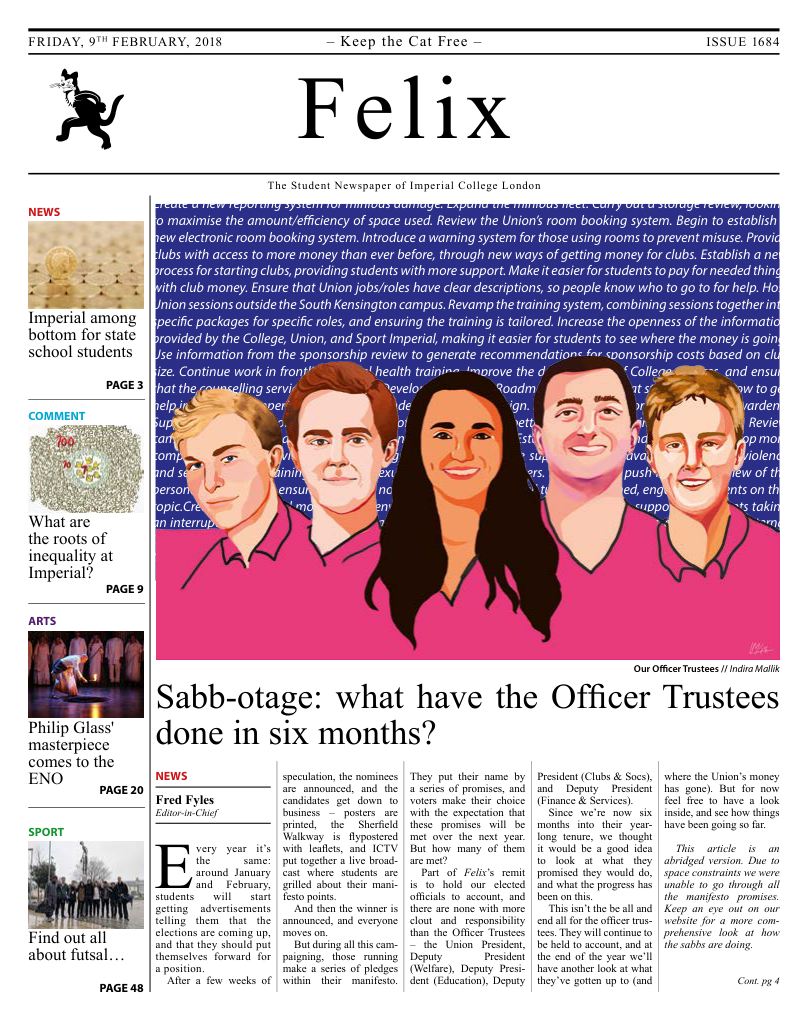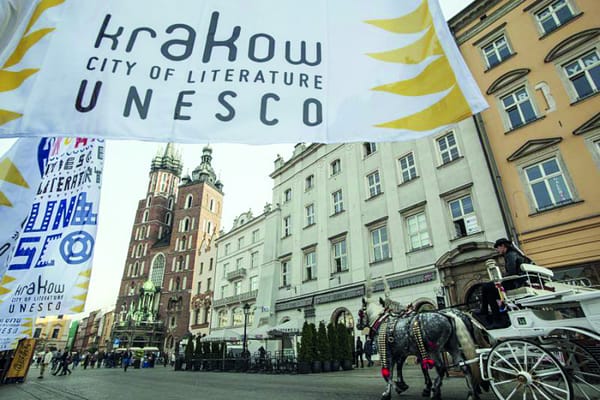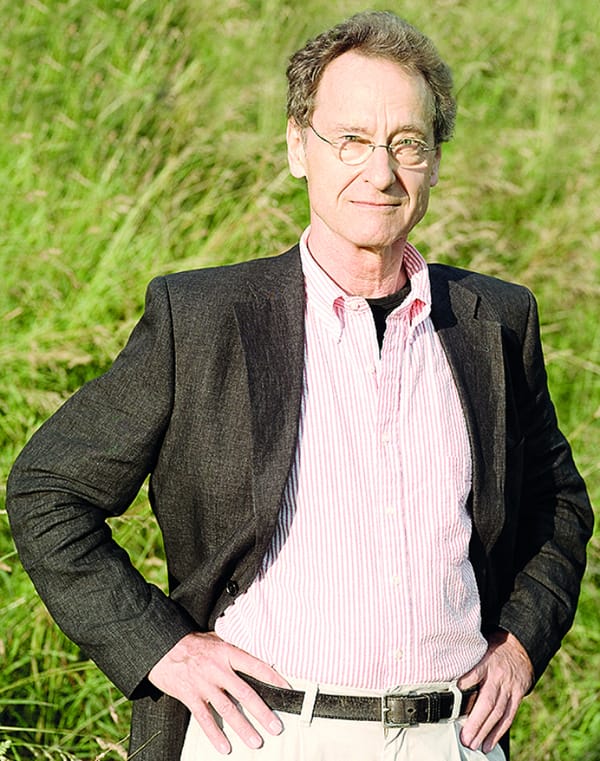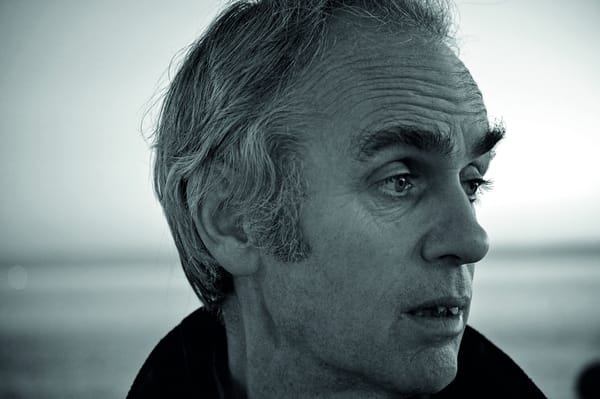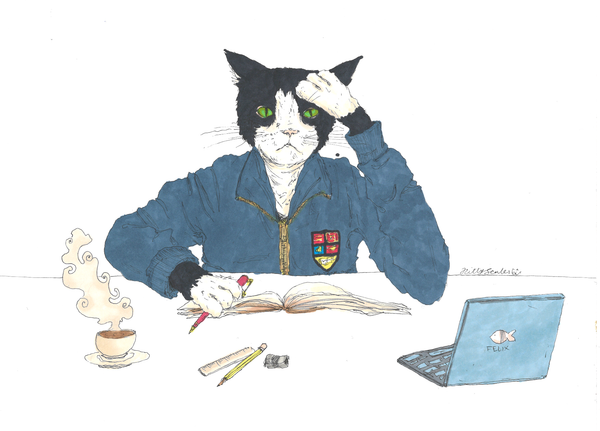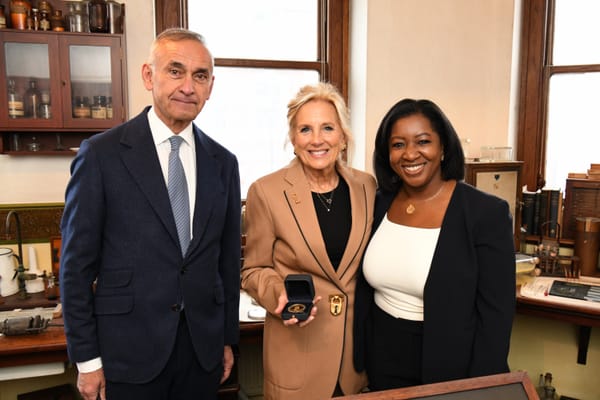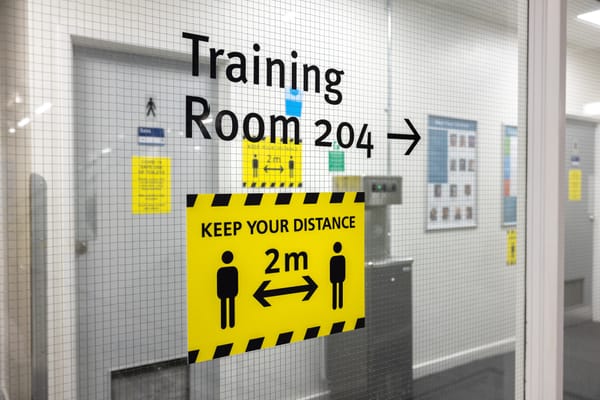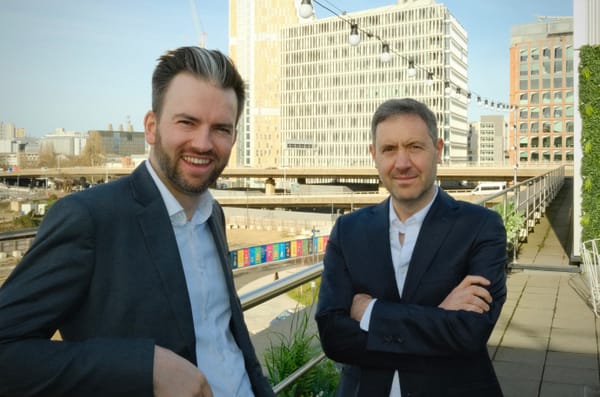Menasse’s ruminations on pigs and politics in the European Union
The Capital contains a fearless depiction of the variety of people who occupy the European continent and the impact which the EU can have throughout time.

Is it possible to write a novel about the European Union? Not just a book about the history of the European Union with boring facts and figures about its multiple conventions and contracts, but a proper novel with characters that could symbolise the European Union. That is the question that Robert Menasse asked himself (in 2010) and without further ado moved to Brussels in 2010 to find out about the people who run the EU and to be at the heart of a machinery that defines a whole continent. The result of all this was the novel The Capital, which earned him the German Book Prize in 2017. It truly is a unique novel, which circles around Brussels, Europe, nationalism and politics.
Brussels is the heart of the European Union and it is also the heart of the story. Actually, there are five different, loosely connected stories, which run parallel to each other. Each one has its own protagonists and sheds light on everyday life in the European capital from a different perspective. The central story follows bureaucrat Martin Sussman who works at the EU commission’s head office for culture. His ambitious boss Fenia Xenopoulou, a young Cypriot greek woman, wants to rise in the hierarchy of the European Commission and is determined to demonstrate her competence by organising a celebration to honour the 60-year anniversary of the European Commission. However, very soon all the people involved in project have to realize that things don’t come their way and that there are some forces within the EU working against them, which they cannot control.
Another story follows David de Vriend, a Jewish Auschwitz survivor, who has just moved into a retirement home. He struggles with the past and the present, especially as the past slowly slips away from his memory and he appears to be a lone survivor of a long lost past. The other three storylines introduce the reader into the world of a polish hitman of the Catholic church, a renegade police officer trying to solve a murder case off his own bat and a Viennese professor of economics, who comes to the realisation his generation born in the fifties and sixties is more revolutionary than today’s youth. These stories are perfectly chosen to provide a very personal inside view of how the EU and Brussels work.
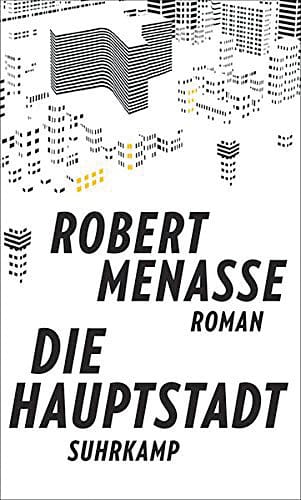
“Caution – Tories can contain traces of pork!” This is one of the many political references littered all across the book. Menasse is not afraid to point his finger at all the political issues on the European continent. He manages to span an arc over nations, cultures and history, but at the same time presents an inside view of the EU and its people with all their strengths and weaknesses. A special role is played by Brussels itself, the place where the bulk of the story takes place. There are hardly any descriptions of places in the book, instead streets, squares and tube stations are just called by their name, which makes it hard for anybody who has never travelled to Brussels to form a mental image of the scenery. Nevertheless, the one mental image of the city that manifests itself is that of a huge mess, a maze of construction sites bathed in noise, where incessant demonstrations and an overwhelming presence of the police create an atmosphere which occasionally resembles civil war scenarios. Brussels is a modern day Babylon, where people from all over the continent, speaking dozens of different languages try to create something truly great in the midst of an enormous confusion. Menasse illustrates this by using characters from a variety of backgrounds, rich, poor, old and young. He throws quotes and passages in Polish, Greek, French, Dutch, Czech and many other European languages.
“Menasse is not afraid to point his finger at all the political issues on the Europen continent”
One symbol stands out above all and runs through all the storylines: the pig. The book starts with the mysterious sighting of a pig roaming the streets of central Brussels. Like a ghost the pig shows up again and again. This pig, which is so out of place in a city like Brussels, becomes a sensation, especially as not even the police are able to catch it. Menasse also uses the pork industry to tell a story about the dealings of agricultural lobbyists in the EU.
Menasse draws concrete conclusions out of the current state of the Union, albeit not always positive ones. It is paramount for the EU to improve its public image and to reconnect with the European population. He puts a human face on the European Union and attempts to build a bridge between the personal Europe, which we experience in our everyday lives, and the impersonal institution that is the European Union. One of the themes that define the book is a recollection of the original values of the EU, written down in the founding contracts of the European Commission, in particular the absolute determination to prevent atrocities akin to the ones that tore Europe apart in the first half of the 19th century from happening again. Menasse urges the reader to think carefully about the past, the present and the future and to not be blinded by short sighted interests. The future can be bright, if we don’t forget the past.

